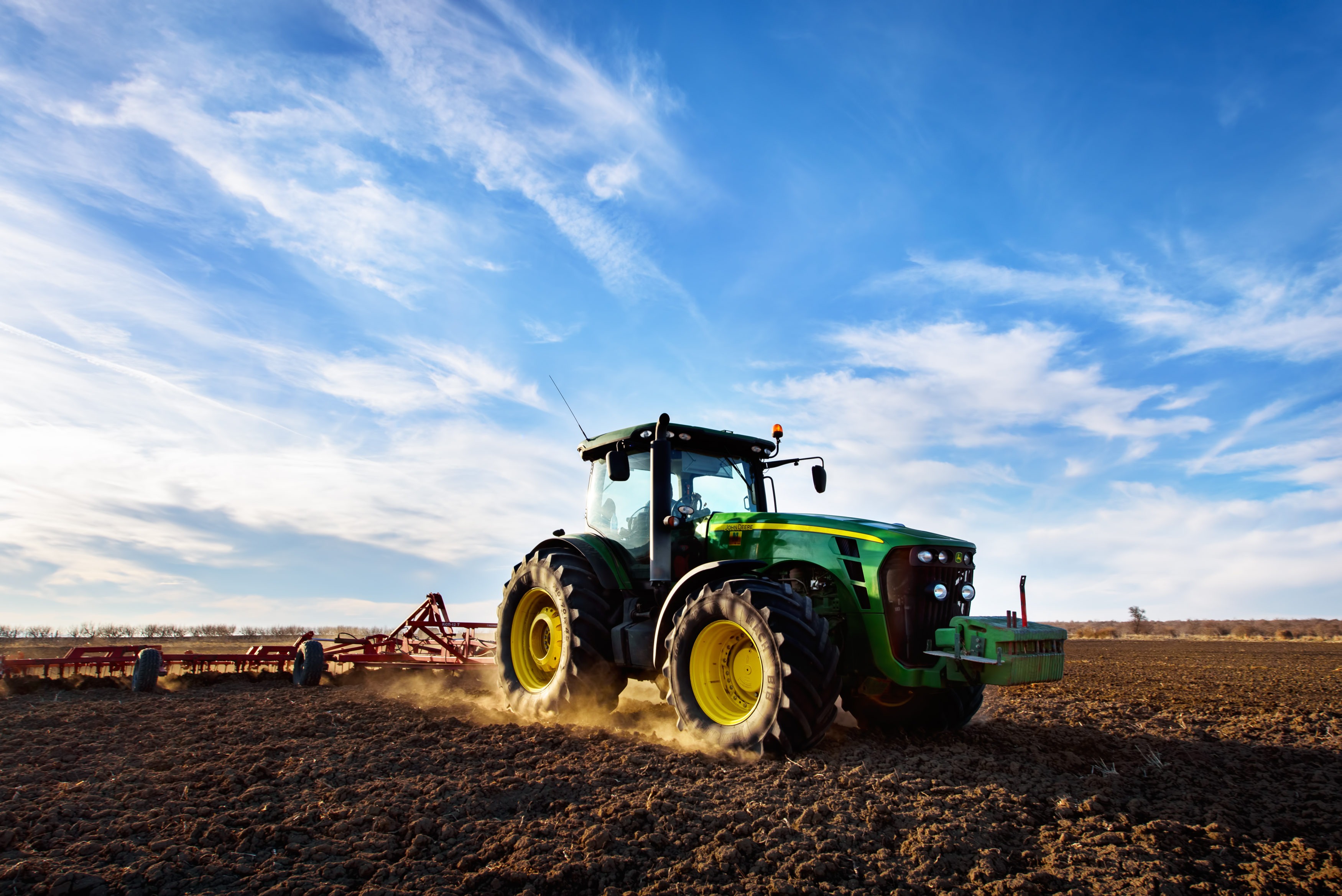Farmers using John Deere’s digital interface Operations Center have an extra level of assurance that their data won’t be used against them or inappropriately shared now that the farm equipment heavyweight has obtained the Ag Data Transparent (ADT) Certification.
As farming slowly becomes more tech-enabled and data-driven, farmers have concerns about where that data flows and how it might be used by other farmers and agribusiness companies.
The American Farm Bureau Federation consulted with various stakeholders in the data equation to come up with the Privacy and Security Principles for Farm Data in November 2014. The 13 principles layout rules of the road for data collection and the agreements between agtech companies and farmers range from who owns the data to how contracts should be worded and what proper uses of data are. The organization launched a certification in 2016 coupled with the Ag Data Transparency Evaluator.
The federation issues the AgData Transparent Seal – a paid certification for data collecting agtech companies. So far nine companies have obtained the seal (one has since expired).
“The privacy and security principles on which the ADT certification is founded apply to agronomic, land, farm management, machine and weather data,” explained Matt Olson, product marketing manager for precision ag at John Deere. “It addresses issues such as data ownership, transparency, consistency, choice, portability, collection, access, data control, disclosure and use, which are important in helping producers make informed decisions about the data partners they work within their operations.”
Farm decision support software startup Agrible and ag data collection software and hardware company Farmobile were some of the first companies to achieve the ADT seal. Since then AgDNA, Ag Integrated, Beck’s Hybrids, Conservis Corporation, GROWMARK, and MyAgData have all maintained the certification. Granular was also certified before its acquisition by DowDuPont.
John Deere is the first major ag player to achieve the certification and though several companies are maintaining their certifications over the years, the program hasn’t grown out of the single digits in terms of membership, meaning this move by Deere could have a big impact.
“This is big news … Deere was one of the first major farm equipment manufacturers to build out its own cloud-based platform for the collection, storage, and use of ag data. Deere is now the first major equipment manufacturer to achieve the Ag Data Transparent certification. I suspect others will follow,” said Todd Janzen of Janzen Agricultural Law, the law firm that evaluates companies seeking the seal.
Olson told AgFunderNews that Deere felt this was the right time to get certified since more farmers are becoming aware of the value of their data as they adopt digital tools.
“There’s always a concern, and we all have that concern as consumers, that our data is important to us and we like to know how it is being utilized. When you have safeguards in place, independently verifying that our processes are sound and sharing those interests with the customer, that’s a great way to show that we value integrity above all,” he said.
According to Olson, the company’s policies have been in compliance with the ADT standards since last year.
“Honestly, we have made no changes to our data policy since it was last updated in April of 2017. We did not have to make any adjustments to obtain this certification. The core principles of our data policy have not changed in the many years that they’ve been out there.”
“For those that read the fine print in ag data contracts, this signals a welcome shift towards making ag data contracts easier to read. I encourage farmers and other ag tech professionals to read Deere’s evaluation responses,” said Janzen, who added that there are more major companies currently working on certifying their digital products.
Last year, the US House of Representatives held a hearing on agriculture technology and data utilization in Washington, DC in preparation for the next Farm Bill currently being drafted where several congressmen suggested that legislation regulating ag data use may be necessary.
Though Olson could not speak on behalf of John Deere on the issue, he told AgFunderNews, “When I look at legislation and the need for government regulation, it’s where problems exist and something needs to be corrected. It’s initiatives like Ag Data Transparent and actions that we’re taking to make sure we’re compliant and transparent — that demonstrates that the industry is working the way it should and regulation isn’t necessary. It’s when things don’t work as they should that it becomes appropriate to step in and take action.”





